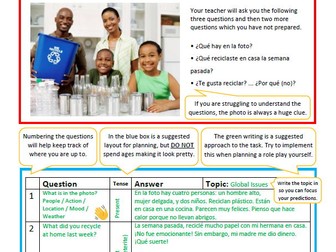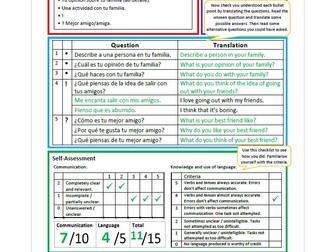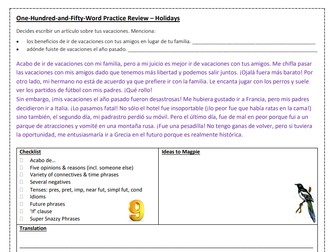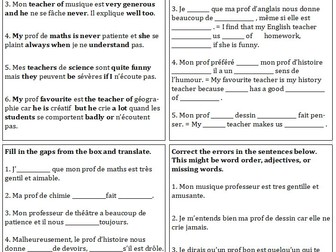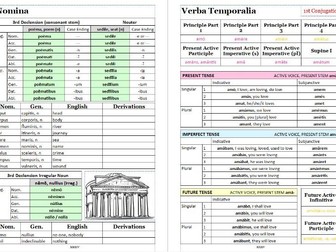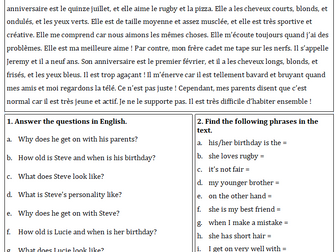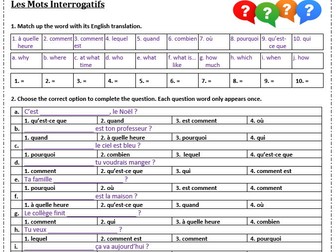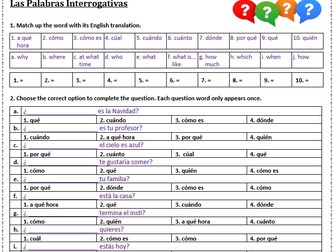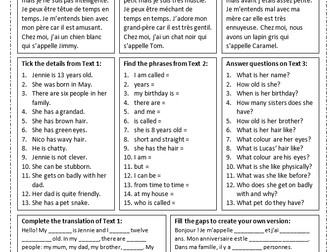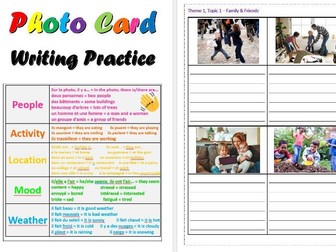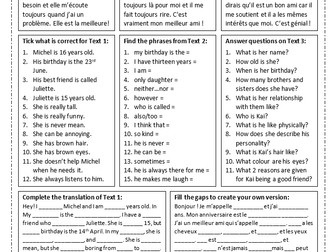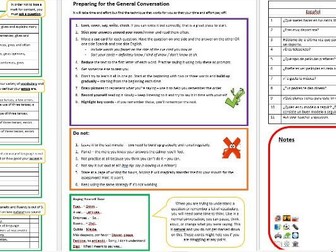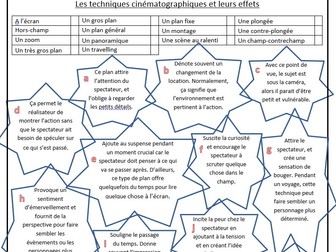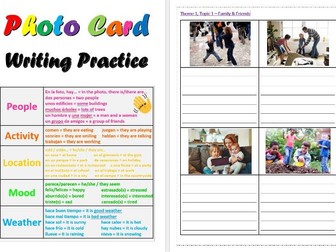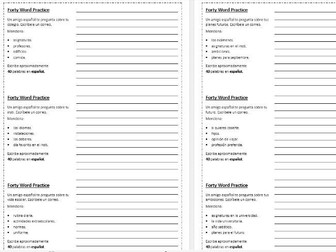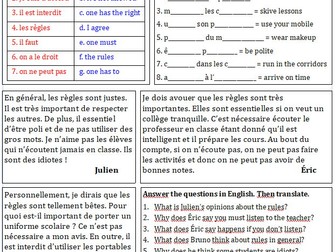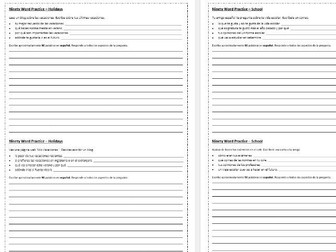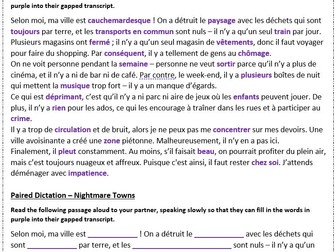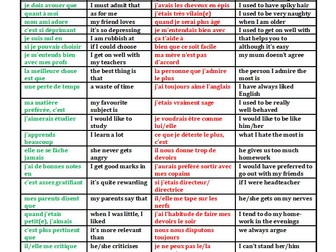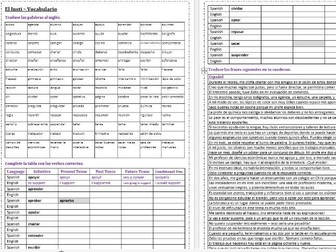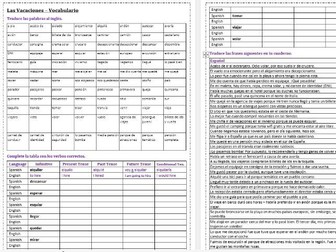GCSE Spanish Photo Card Speaking Booklet
<p>FRENCH VERSION COMING SOON!</p>
<p>This clear and thorough booklet will prepare AQA Spanish students to succeed on the photo card element of the GCSE speaking exam.</p>
<p>Students often perform poorly on the photo card when they over-complicate the task and are thrown by the unseen questions. By understanding the success criteria, practising independently, and self-assessing, students can score almost full marks on the photo card every time.</p>
<p>This booklet is comprised of <strong>fifty photo cards</strong> covering across <strong>all topics</strong> of the GCSE course. They are based on past paper questions, covering <strong>a variety of tenses and question styles</strong>. The workbook starts with a student-friendly breakdown of the exam and core vocabulary to help them succeed. For each photo card, there are hints and tips, a <strong>self-assessment page</strong> with <strong>useful vocabulary</strong> selected from the AQA list, and a mark scheme for students to assess their answers. Finally, there are <strong>two helpful feedback sheets</strong> included to use during mock exams or informal classroom practice.</p>
<p>Although this booklet is designed to support speaking exam preparation, it could easily be used to revise for the Foundation photo card writing task, ninety-word question on both Foundation and Higher writing papers, and the general conversation section of the speaking exam.</p>
